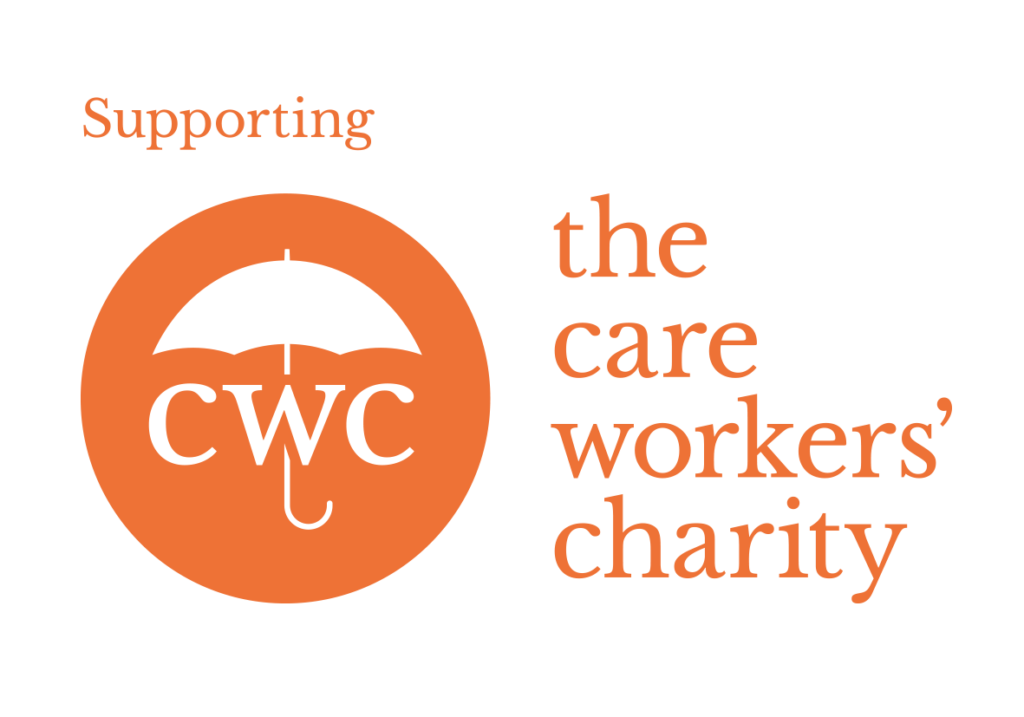Flu vaccination is available every year on the NHS to help protect adults and children at risk of flu and its complications.
Flu can be unpleasant, but if you are otherwise healthy it will usually clear up on its own within a week.
However, flu can be more severe in certain people, such as:
- anyone aged 65 and over
- pregnant women
- children and adults with an underlying health condition (particularly long-term heart or respiratory disease)
- children and adults with weakened immune systems
Anyone in these risk groups is more likely to develop potentially serious complications of flu, such as pneumonia (a lung infection), so it’s recommended that they have a flu vaccine every year to protect them.
The injected flu vaccine is offered free on the NHS annually to:
- adults over the age of 18 at risk of flu (including everyone aged 65 and over)
- pregnant women
- children aged six months to two years at risk of flu
65 and overs and the flu jab
You are eligible for the flu vaccine this year (2016-17) if you will be aged 65 and over on March 31 2017 – that is, you were born on or before March 31 1952. So, if you are currently 64 but will be 65 on March 31 2017, you do qualify.
How effective is the flu jab?
Flu vaccine is the best protection we have against an unpredictable virus that can cause unpleasant illness in children and severe illness and death among at-risk groups, including older people, pregnant women and those with an underlying medical health condition.
Studies have shown that the flu jab does work and will help prevent you getting the flu. It won’t stop all flu viruses and the level of protection may vary between people, so it’s not a 100% guarantee that you’ll be flu-free, but if you do get flu after vaccination it’s likely to be milder and shorter-lived than it would otherwise have been.
There is also evidence to suggest that the flu jab can reduce your risk of having a stroke.
Over time, protection from the injected flu vaccine gradually decreases and flu strains often change. So new flu vaccines are produced each year which is why people advised to have the flu jab need it every year too.
When to have a flu jab
The best time to have a flu vaccine is in the autumn, from the beginning of October to early November, but don’t worry if you’ve missed it, you can have the vaccine later in winter. Ask your GP or pharmacist.
Read more about the flu vaccination here
Published by NHS











